The US is less relevant than ever in Gaza
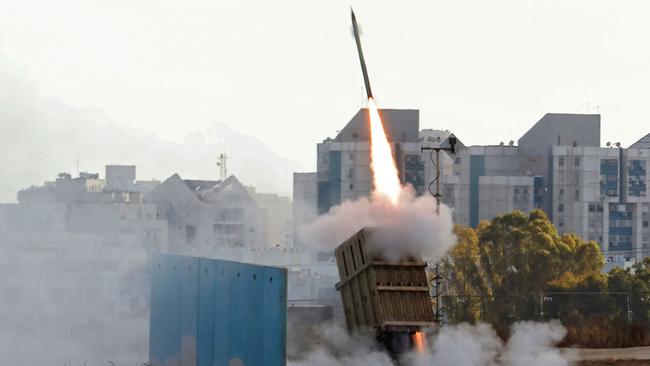
There are two equal and opposite mistakes the US can make when it comes to this latest Gaza war. The first is to overlook the ways in which this conflict is a reflection of some fixed facts of Israeli-Palestinian relations. The second is to underestimate the ways in which the changing dynamics of the Middle East and world politics are altering the landscape of Israeli-Palestinian competition.
The fact of Israeli-Palestinian hostility isn’t changing. The first large-scale violence between Palestinian Arabs and Jews took place in 1920, and intervals of quiet have since alternated with episodes of violence and fruitless peace negotiations. The current conflict is likely to follow the pattern of its predecessors. The violence will burn itself out, and some sort of ceasefire will be patched up.
The second unchanging reality: Peace negotiations are futile. A century of Israeli-Palestinian violence has also been a century of endless peace talks. Negotiators have come up with a range of approaches. Two-state solutions, one-state solutions, confederal arrangements with Jordan or even Jordan and Syria — nothing has worked. Yasser Arafat accepted the principle of a two-state solution with the 1993 Oslo I Accord, but Palestinian public opinion is divided and Hamas remains formally committed to merging Israel, the West Bank and Gaza into a single state under Islamist governance. Support for the two-state solution continues to decline among Israelis and Palestinians alike, but no realistic alternative has emerged.
Israel fights to protect its civilians.
— Israel Defense Forces (@IDF) May 18, 2021
Hamas uses civilians to protect itself. pic.twitter.com/J6WVye1Lqy
The third unchanging reality is that the competition is asymmetrical. The power of the Palestinians is rooted in their endurance. Even in exile and defeat, the Palestinians have refused to disappear. The will to resist and the ability to mobilise international opinion are key Palestinian strengths, and Hamas deployed them effectively in this latest round of violence. Israel’s core strengths — state building combined with technological, military and intelligence prowess — are also on full display. Israelis can make Palestinian resistance futile, but they cannot make it disappear. Palestinians can prolong the conflict indefinitely, but they cannot achieve their political objectives.
These three factors keep the conflict alive and preclude a political solution, but changes in the Middle East have introduced other variables. It’s too early to say whether these shifts will open a new path to peace, but new realities are reshaping the dynamics of the conflict. Arab power in the Middle East is in precipitous decline; Iran and Turkey have become major actors; and Washington is doing its best to reduce its military footprint. These changes have created a strategic alignment between Israel and a bloc of conservative Arab states, including Egypt and much of the Gulf. That alignment has cut the ground out from under Mahmoud Abbas and the Palestinian Authority and pushed Hamas and other radical groups in the Palestinian movement closer to Iran.
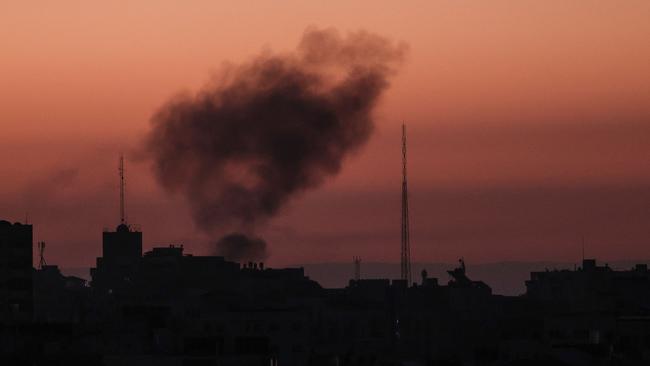
Iran and Turkey have replaced the Arab world as the most important allies of the Palestinian resistance movement. The current Gaza war is, among other things, a proxy war between Israel and Iran. Hamas’s rocket barrage attempted to test the Iron Dome, helping Iran figure out whether Hezbollah’s 100,000-plus missile arsenal can overpower Israeli missile defences. The war also tests whether Israeli actions in Gaza will so anger Arab public opinion that Arab governments will be forced to back off their developing anti-Iran alliance with Jerusalem.
Meanwhile, Washington has less leverage than ever. Everyone in the region knows that since the 2012 Benghazi debacle, the chief goal of U.S. policy has been to reduce America’s Middle East footprint — a goal that has so far spanned three presidencies.
Concerns about the declining value of their American alliance — rather than enthusiasm for the statesmanship of Jared Kushner — drove Arab and Israeli support for the Abraham Accords. Since the small share of U.S. military aid that went to Israeli companies is being increasingly directed to American firms, few Israelis fear military aid cuts from the Biden administration. Even fewer Palestinians believe that the U.S. can or will force Israel to make the concessions on Jerusalem and settlements they demand. So don’t expect words from Washington to stay their missiles. The Hundred Years’ War between Israelis and Palestinians, alas, isn’t close to an end.
The Wall Street Journal

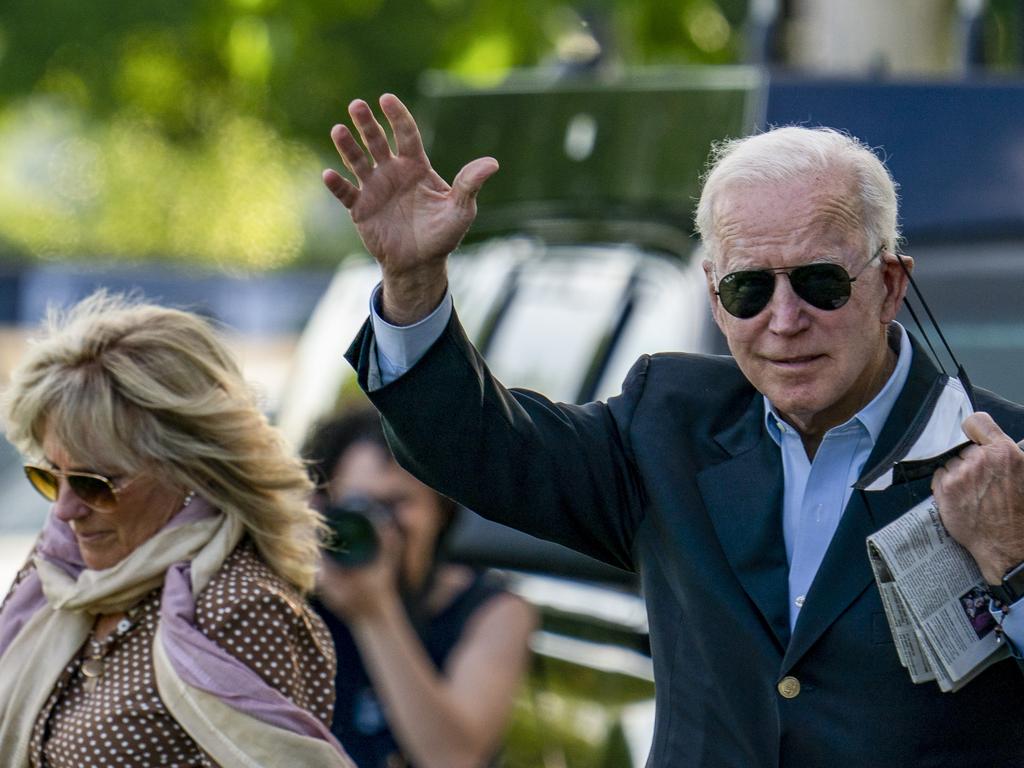
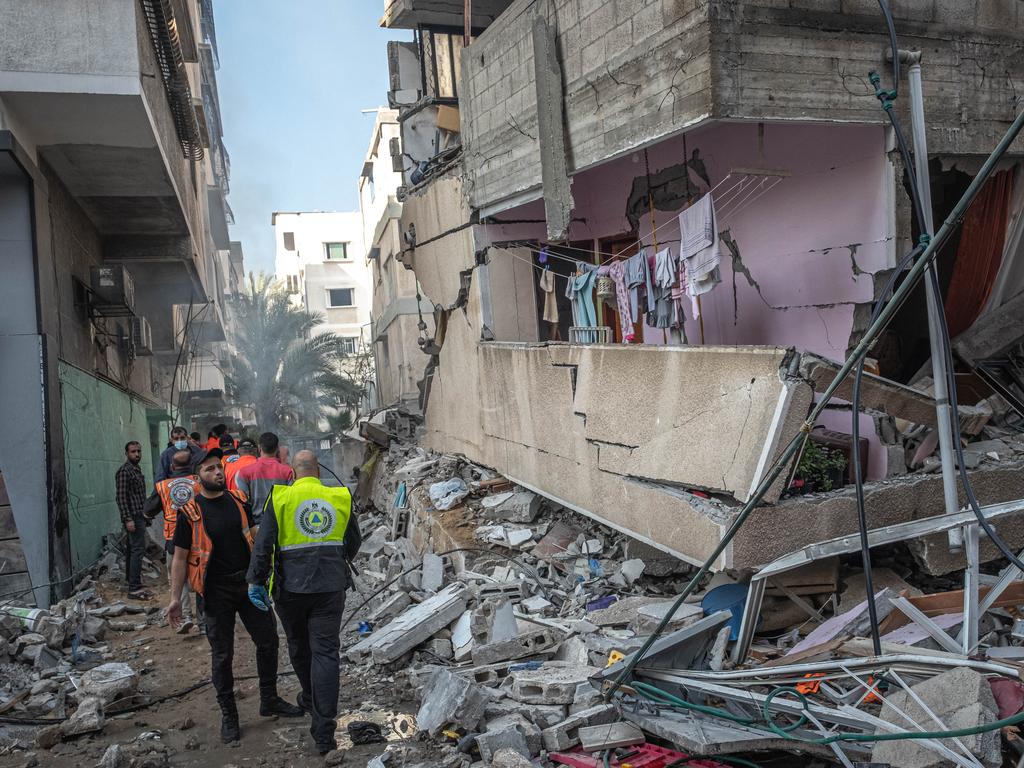

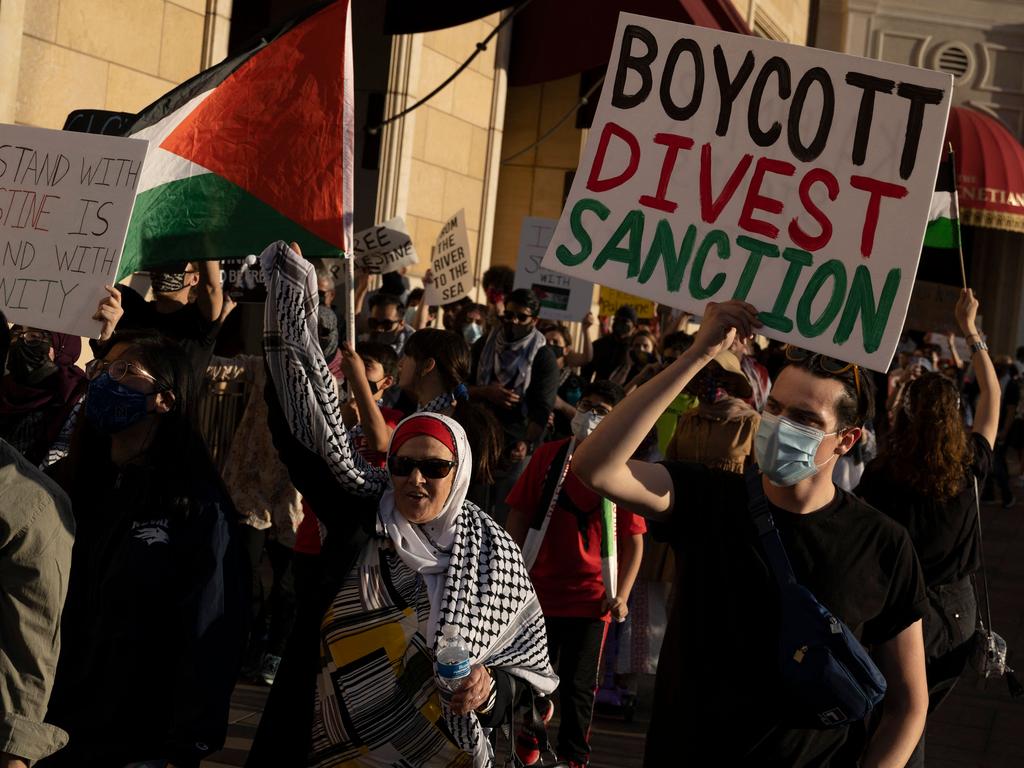


It’s deja vu all over again in the Middle East as another round of Israeli-Palestinian combat follows a tragic and familiar path: another spasm of violence, another media firestorm over civilian casualties, another wave of demonstrations around the world, another diplomatic kerfuffle as would-be mediators jostle, and another donnybrook in American politics over how Washington should respond.